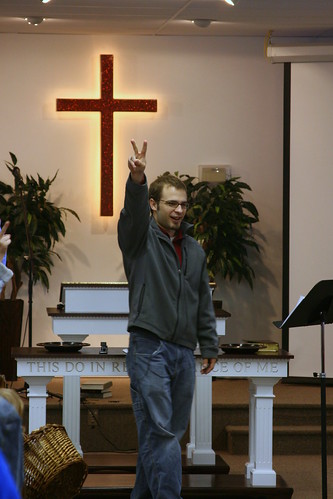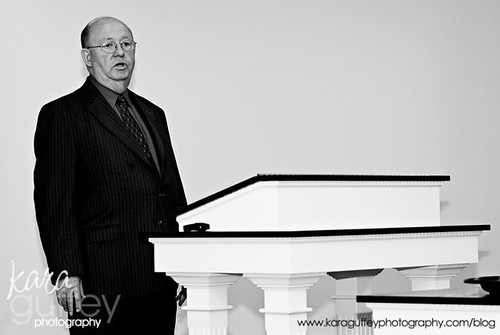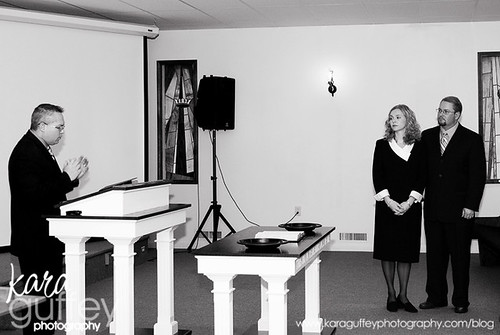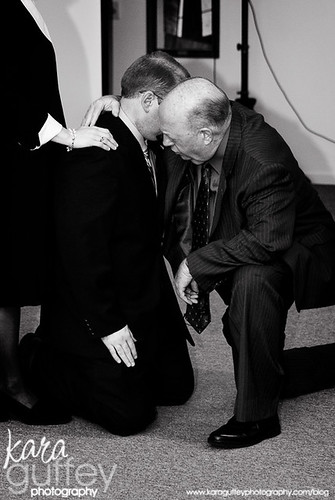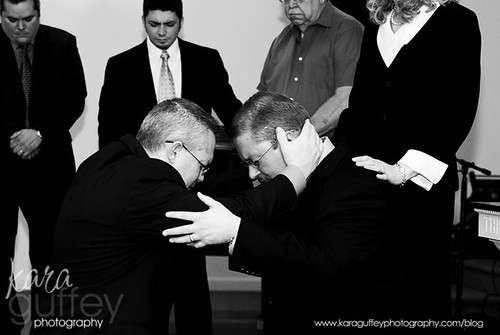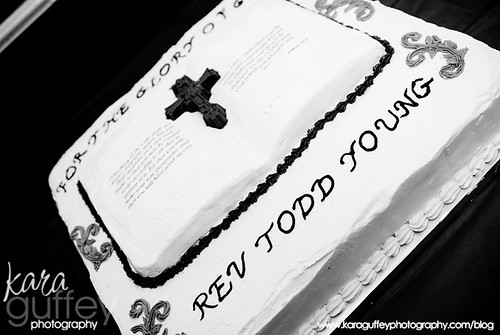
The editors of the
New York Times web site,
nytimes.com, have recently encountered
criticism for not depending on web site traffic to help them make editorial decisions. One competitor marvels, "What world are you living in if you don't know where your users are flocking to? How can you edit your website?"
This has direct parallels to the way that many church members feel about their pastors/teachers. How can we possibly determine what message to preach or teach unless we consult with our people? Maybe we need to consult with our listeners to draw more visits, to reach a wider audience, right? Maybe we need to play the marketing game a little bit better.
The fact is, however, that most people don't know what it is that they need to know. If
nytimes.com only prioritized news stories based only on what would get the most clicks, then anything remotely related to sex or celebrities would always be headline news. Most people, however, expect news agencies to relay the most significant information first.
What do you need to know that you don't even realize is important? If I had bad news that related to you, would you want me to tell you or not? Some might choose blissful ignorance, but if a doctor walked into your room and said, "I have bad news," you would want to know, right?!?
Here's the bad news. You are not a good person. You are a bad person. Even if you pretend to be a good person, you really don't do anything that isn't tainted by selfishness or greed or lust, etc. You are what the Bible calls sinful. And you are not alone. The person you wake up with? Sinful. The person you work beside? Sinful. The lady at the checkout line at the grocery store? Sinful. The executive driving the Porsche? Sinful. The person typing this blog post? Sinful.
We are all broken! We are not functioning the way we were made to function. In the beginning, God made two people to love God and love one another. But they rejected God and started blaming others for their sin. Guess what! We carry on that tradition, that sickness, and the result of our sickness is eternal punishment from God. Why? Because God cannot stomach sin. It is like hair in his food. We are like hair in God's food!*
Are you ready for the good news? The doctor walks in with the bad news, like, "You have cancer." But what if there was an antidote? It's not really bad news anymore if he says, "You have cancer, but here's a shot that will cure you." Here's the good news regarding sin and our repulsive condition before God: Jesus never sinned and didn't deserve to die.
"That's it? How is that good news?" I'm glad you asked.

It is incredibly awesome, wonderful news! Jesus earned righteousness for those who depend on his righteousness, and he paid the penalty for sin for those who depend on his payment. Jesus of Nazareth, a man born in Bethlehem to a virgin girl in utter poverty, walked this earth as the only person ever to please God instead of making him want to vomit because of sin. Then, our representatives trumped up some false charges against him, sentenced him to death in an illegal trial, had him beaten half to death, and then hung him on a cross to finish him off.
Guess what? He really was God, and they shouldn't have convicted him of blasphemy, because he was telling the truth. So the Supreme Court of heaven overturned the ruling, and resurrected Jesus as the first of many brothers (Romans 8:29). Just like Adam plunged us into sin, Jesus leads us out. All you have to do is depend on his payment and learn to follow him.
Did you know that? Did you know that you need to know that? Just because it wasn't the most interesting headline doesn't mean you don't need to know.
So, to answer the question, "Who decides what we need to know?" God.
Read your Bible for the most important headlines.
~ Todd
* I heard Mark Driscoll use this illustration regarding tipping servers who did not perform well... it was memorable. You can preach the gospel with your tips.











